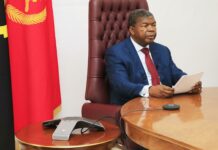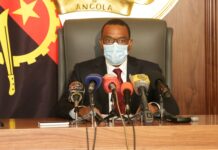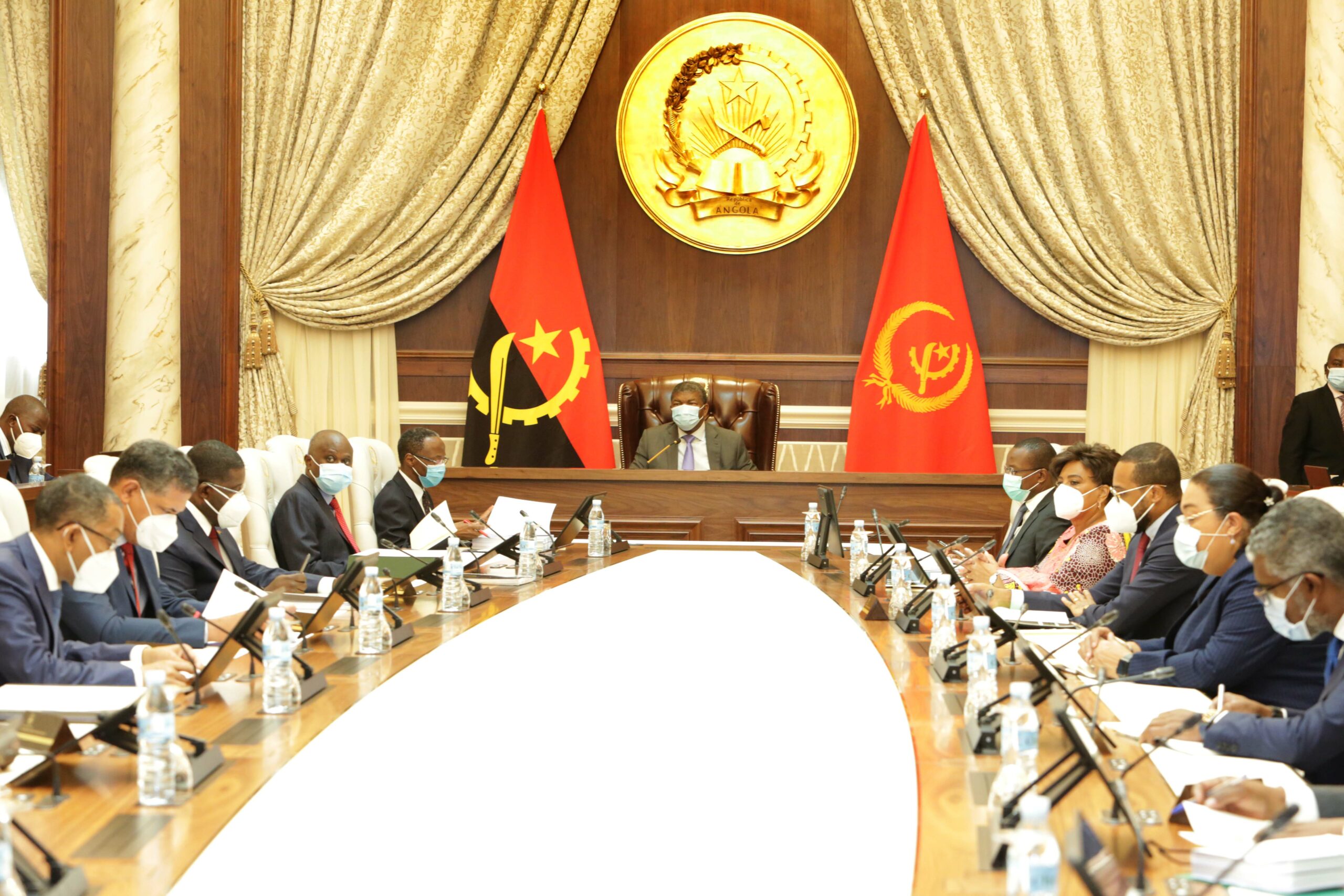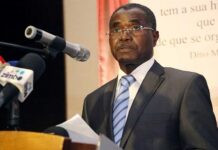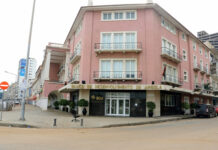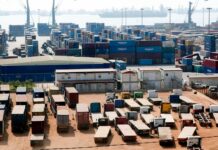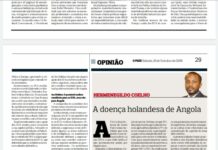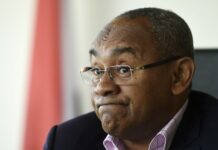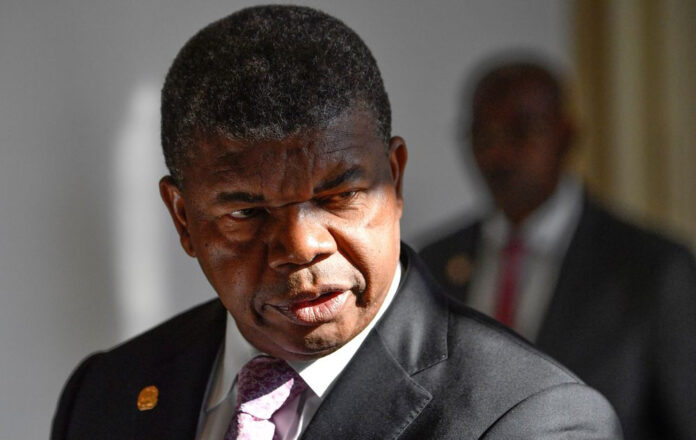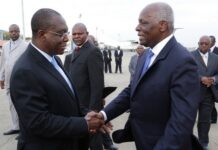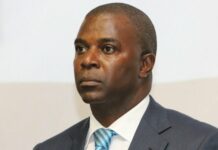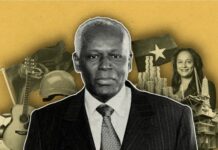The document that monitors government action in Angola, starting in 2017, in a set of 78 pages belonging to the Catholic University of Angola, also considers that only 3.12% of respondents, out of a total of 1,442 people heard, consider the current Government as being worse than that released by ex-President José Eduardo dos Santos.
The document, which monitors government action in Angola, as of 2017, in a set of 78 pages belonging to the Catholic University of Angola, also considers that another 3.12% of respondents, out of a total of 1,442 people heard, consider the current government as being worse than the previous one led by the ex-President, José Eduardo dos Santos
A report by the Catholic University of Angola on governance in Angola, from the 2017 elections to government action, states that 47.92 percent of Angolans believe that the current Executive, led by João Lourenço, is better and has more hope, more freedom, and democracy in relation to the previous government.
Another 3.12% of respondents, out of a total of 1,442 people heard, consider the current Government to be worse than the previous one, 35.51% say there is no difference, 0.90% consider that they only make exonerations and appointments and 1.32% considers that the difference is relative and that the current government is more reformist.
According to the document, 4.58% consider it too early to make an assessment (they did not know how to say or had no opinion). Another 0.76% say there is a lot of difference and 1.25% say there is a difference.
On the other hand, with regard to the governance priorities of the current Government, in a sum of 1,313 respondents, among others, 39.45% say that the Executive of João Lourenço has turned his priorities towards the social and economic sector (agriculture, education industry), 23.69% believe that the priorities have fallen to the sector of education, health, infrastructure, training, 8.99% refers to the fight against corruption, 7.84% points to the economic sector as the employment, fighting the crisis and development as the big bets and 6.70% say that the bet has fallen on the social sector, economic sector and state reform (autarchies, more democracy, and institutions).
Angolans believe in the recovery of the economy
However, Angola faces a period of economic and financial crisis motivated by the fall in oil prices and the difficulties imposed by Covi-19.
However, when it comes to improving the economy, the 76-page document heard a whopping 1,587 people. Of these, 79.84% believe that the economy will improve and another 20.16% say that it will not improve.
Regarding the reduction of poverty, after a total of 1584, 64.71% believe that this evil will decrease and another 35.29% think not.
Fight against corruption
With regard to combating corruption, which has been the banner of João Lourenço’s governance program, the survey points out that 39.53% of respondents out of a total of 1,189 people, considered combating corruption and repatriation of capital to be among the main measures of the current Executive. Another 20.02%, on the other hand, consider combating poverty and corruption as one of the main measures carried out by the Government.
Expressive margin
For the Master of Political Science,
Lutina Santos, the percentage margin of those who give positive marks to governance is expressive, which, she stressed, certainly translates into an acceptable assessment, judging by the fact that the Catholic University has shown itself to be demanding in the work it develops, and this, “certainly, has gathered immense pertinence. From the percentage margin it presents, of the surveyed population, it is notable that a part of these (47%) have a positive perception in relation to the governance performance of the current President of the Republic ”.
According to the academic, despite the positive margin for government action, this year was a challenge for the governance of João Lourenço due to the economic crisis that has not seen any change that could influence the behavior of the markets and train economic agents to respond to consumer needs. In addition, he stressed, the country is facing the situation of Covid-19 that started in China and has spread in most countries, some with greater impact and others with less.
“But, in any case, it made it difficult for the markets to respond with the changes that governments adopted with the reduction of mobility. And Angola, which depends on the international market, had no way of not suffering the violent effects of the changes that the main international markets had ”, explained
As he explained, this whole set of situations interfered with the government’s response to the expectations of citizens who demand more jobs and better social conditions.
According to Lutina Santos, in Angola, due to the crisis, greater attention is being paid to fostering domestic production, which, in his opinion, is a desirable path if the country wants to maintain an acceptable response in the context of the challenges that have come to have.
“The reforms underway in the country must continue, the most challenging being in mentalities. This should be followed in order to guarantee an excellent combination with that made at the level of the institutions. We can reduce the number of institutions and introduce new administrative procedures, but all of this may have little weight if we make little progress in terms of reforming mentalities ”, he said.
“The reforms underway in the country must continue, the most challenging being in mentalities. This should be followed in order to guarantee an excellent combination with that made at the level of the institutions.


